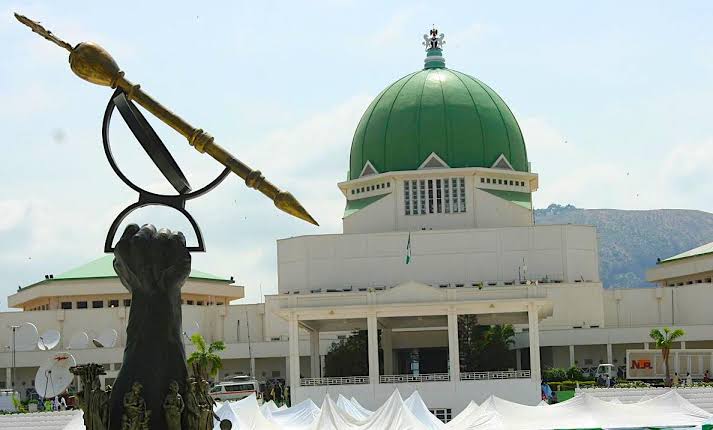The 2024-2026 Medium Team Expenditure Framework and Fiscal Strategy Paper (MTEF/FSP), featuring a borrowing plan of 7.8 trillion naira for 2024 has been approved by Senate.
The deficit for the same period is set at N9Trillion with the Federal Government’s total Expenditure making up to N26 Trillion.
The Senate President, Senator Godswill Akpabio, gave key details of the approval for 2024.
These include an oil price benchmark of 73 dollars per barrel of crude oil, a daily crude oil production target of 1.78 million barrels, and the continuation of special interventions (N200 Billion for recurrent and N7 Billion for capital).
Additionally, the exchange rate is established at N700 to a US dollar.
A further directive from the Senate dictates a ban on the importation of all locally produced items.
The joint committee, led by Senator Musa Sani, identified numerous instances of arbitrary and extra-budgetary spending by revenue-generating agencies of the Federal Government.
In response, they recommended a comprehensive review of the laws governing these agencies.
Among the recommendations put forth is the initiation of amendments to the Fiscal Responsibility Act (FRA, 2007) by the National Assembly.
This proposed amendment aims to strengthen the agencies’ capacity to enforce fiscal responsibility and impose sanctions on corporations found in violation.
A controversial point arose over the suggestion that the Nigerian Postal Service (NIPOST) subsidiaries are irregular and illegal, leading to a call for their immediate winding-up and deregistration. This recommendation sparked a debate among stakeholders.
The chairman, says they recommendation includes an investigation of the sum of 10 billion naira released by Ministry of Finance for the proposed
NIPOST restructuring and recapitalization, and the funds fully recovered if established to be injudiciously utilized by the relevant committee of the Assembly charge with the responsibility of fiscal prudency.
After the debate on it, the resolve was that further investigation be carried out before any cogent action is meted out.
The recommendations is that all tax waivers not directly linked to non-governmental/non-profit organizations should not be granted and investigations conducted into all tax waivers from 2015 to date by the relevant committees of the Senate.
The other recommendation that attracted debate was the recommendation that the Nigeria National Petroleum Corporation Limited (NNPCL) work towards reducing its production and operational costs to increase available government revenue. After the polarised arguments, the resolution was adopted unaltered.
Other recommendations are that Federal Government Agencies ensure the deployment of ICT in the collection of all revenues by MDAs, including stamp duty collection activities, in order to block leakages.
Story by Sophina Ovuike, Abuja

























